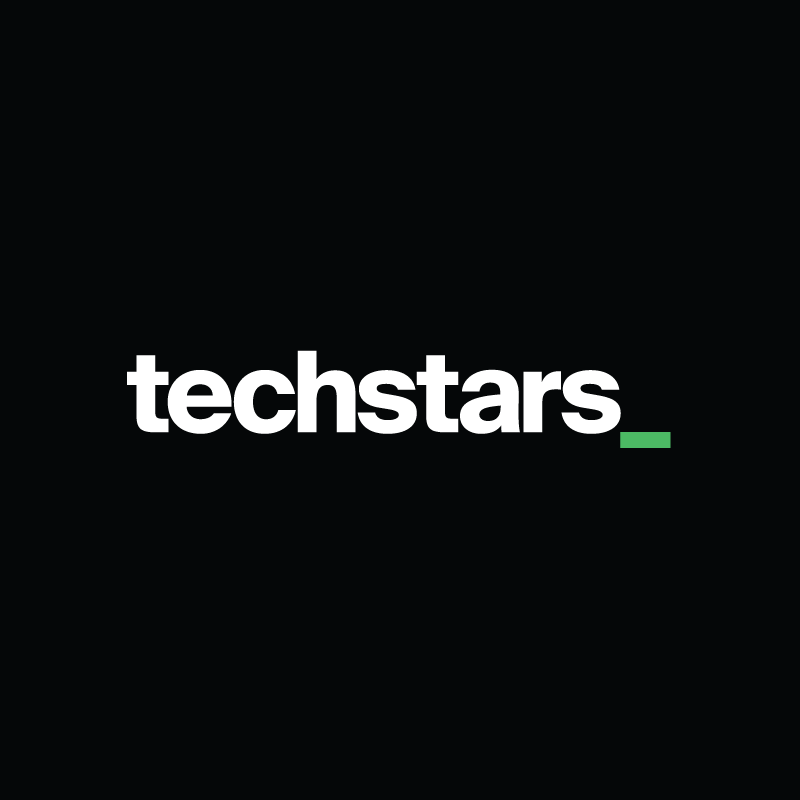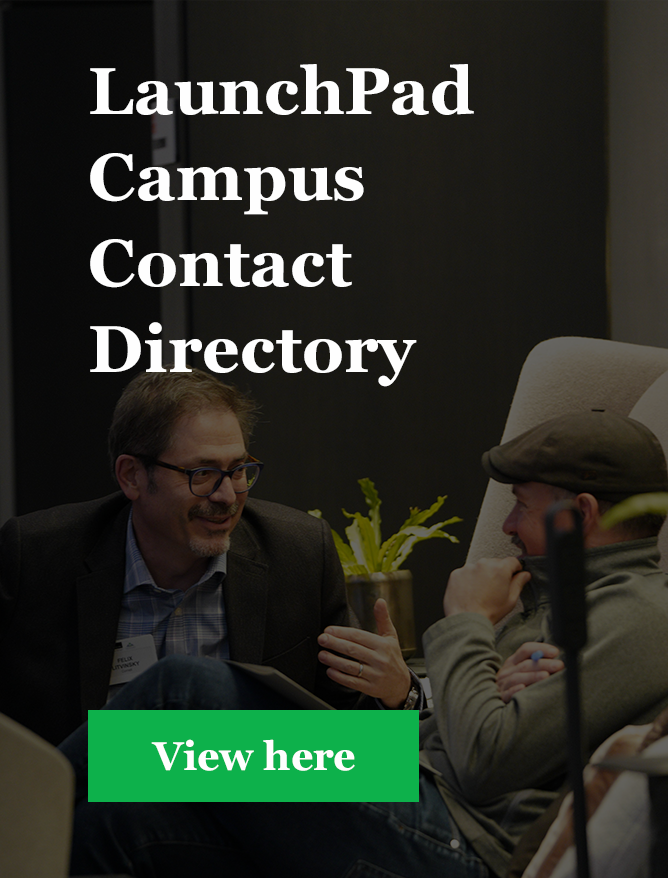Creating an Inspiring Summer Experience for Student Entrepreneurs
Since 2013, students in Startup UCLA’s Summer Accelerator have been invited to visit Silicon Valley to practice investor pitching with venture capital firms, network with alumni, and visit startups. This annual opportunity has had a major impact on the student entrepreneurs and the program by connecting with investors, entrepreneurs, and UCLA alumni. As a part of Startup UCLA’s 10-week Summer Accelerator, Deanna takes 20-25 students (two to three students per team x 10 teams per summer accelerator) on a Tuesday to Thursday bus trip to the Bay Area.
The trip, which occurs eight weeks into the program, involves visiting UCLA-connected VC firms, startups, and a lead donor-hosted BBQ. At the end of the trip, about half of the participants often stay in San Francisco for the weekend and make their way back to school on their own, and the other half come back on the bus. During the program students are also taken on a “Silicon Beach” day trip to visit local VCs, accelerators (including Techstars LA), and startups. Some of these entrepreneurial startups operate in their own offices, while others, especially earlier stage companies, use coworking spaces.
The cost for these program trips range from $1,000-$2,000 for a single day or $15,000-$20,000 for a multi-day trip. It depends on the number of participants, the distance to the destination(s), and the type of transportation (charter bus, school van, train, etc.) In addition to transportation, costs cover student and staff meals and, in the case of the Summer Accelerator, two nights of lodging. Deanna recalls running a crowdfunding campaign to cover a portion of the costs in 2013. In subsequent years, both individual donors and corporate sponsors, as well as other university programs like UCLA Ventures, have helped support the program.
According to UCLA student entrepreneur and 2018 Training Camp participant Marcel Salapa, the trip was one of the most important experiences he’s had in the Summer Accelerator program. “Being physically in the Silicon Valley community really helped me feel like this all was real and we were actually a part of it. Then, visiting a recent alumni startup, which at the time had grown to 12 employees, was really cool because the founder was so similar to us—and his success felt really achievable.”

Deanna certainly appreciates the opportunities that geographic proximity to Silicon Valley brings to her program. However, she believes that with some creativity, most schools could develop a similar experience and offer students some of the same benefits. Connecting with successful alumni entrepreneurs or investors and bringing students to see meet them at work is something any program can do, and the experience is truly inspiring to current students.
“Visits don’t necessarily need to be to Silicon Valley,” Deanna says. “Austin, North Carolina, New York, Boulder, Dublin… are all known to have critical densities of startups and investors. Even staying in town or going to the nearest large city could provide opportunities for students to meet angel investor groups or see startups in coworking spaces (both of which may sponsor a program). Partnering with your school’s development team can also be mutually beneficial in terms of finding sponsors and individuals or businesses students can visit.
Challenges
There are some logistical challenges in scheduling trips for a large group of approximately 25 people because not all venture capital firms and startup offices can accommodate a group that size. In addition, timing of visits is important with getting everyone to a specific location on time and then onto the next appointment. It’s essential to build in buffer time for traffic and parking delays. In addition, finding meal locations that can accommodate a group quickly can be a challenge. Although these logistical challenges can be daunting, Deanna has found the benefits to the teams and program worth the effort.
Benefits
Deanna has found these trips are critical to giving students confidence about pitching to investors. Being in that “safe space” and getting feedback from both professionals and their peers provides them with opportunities to try new techniques and improve their pitches. Participants learn from meeting investors and entrepreneurs that investments come with pros and cons, and that bootstrapping has many benefits—which method of funding is right depends on the individual company.
The trips also form strong bonds between the participants—in the most recent program, students and staff went to a climbing gym for some team bonding and ended the day enjoying an ice cream making class. The day trip was a great way to engage UCLA alumni in a different way with the program -- the climbing gym and ice cream shop were founded by Bruins. Both of these female entrepreneurs were happy to engage with student entrepreneurs later in the program.
The Blackstone LaunchPad powered by Techstars and the Summer Accelerator are two co-curricular programs under Startup UCLA’s unit within UCLA’s Division of Undergraduate Education. The two programs complement each other with the LaunchPad providing essential year-round venture consulting to support startups before, during, and after the Summer Accelerator program. All teams must have had at least one venture consulting meeting before applying for the Summer Accelerator program. The selection team finds that those teams who leverage the LaunchPad resources throughout the year have stronger Summer Accelerator applications. Summer Accelerator teams include current undergraduate and graduate students, recent alumni, and, non-UCLA affiliated team members.






